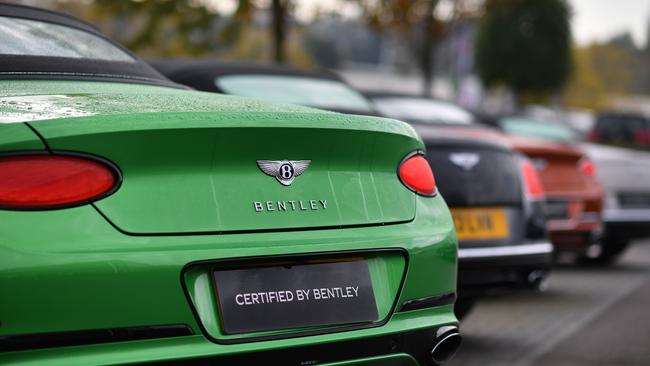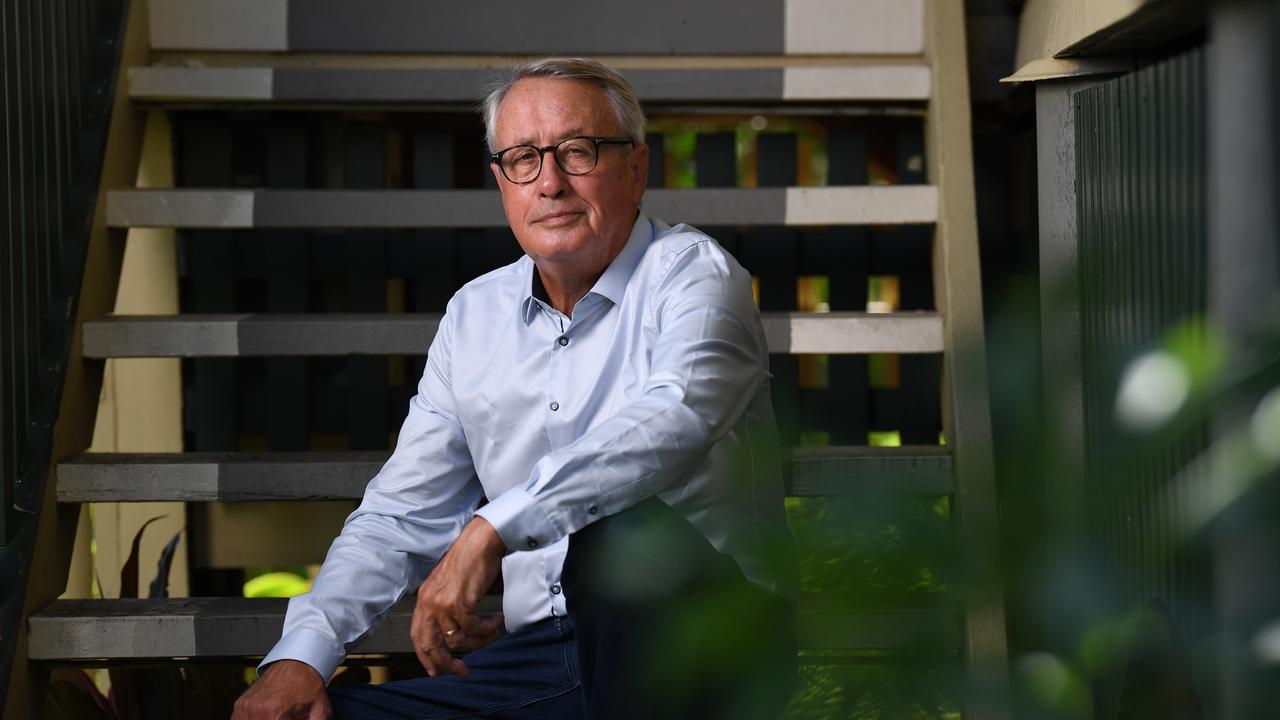
As one state after another moves to tax electric cars, Australian investors are pouring money into electric car stocks in unprecedented numbers -- especially Tesla, which is the top overseas stock held by local investors.
Matt Leibowitz, the CEO of Stake, an online platform that specialises in overseas trading, says: “We are seeing a rush into all electric car stocks.”
Data from online broker CommSec also shows Elon Musk’s Tesla comfortably ahead of all rivals as the most popular overseas stock. Over the last week Tesla had nearly 8 per cent of all CommSec’s offshore trades, while the second most popular offshore stock was also an EV (electric vehicle) stock, the Chinese electric car company NIO with 5 per cent.
As Australian investors swarm to buy EV stocks -- that are in part thriving on government incentives -- the wider Australian public remains resistant to actually buying or driving electric cars.
While Australian EV take up is lagging on most international measures, the Victorian government has just introduced an electric car impost in its state budget which will mean EVs get taxed at about 2.5c per kilometre -- or around $500 a year on average.
The move by the Andrews government aims to capture electric cars among road taxes. It follows South Australia, which led the way with the first tax of this kind a fortnight ago.
NSW is also reportedly planning a new EV tax.
Road taxes on electric cars are not unknown in other jurisdictions, however they tend to be coupled with incentives -- in the US, for example, there is an average $US7500 ($10,200) in tax credits offered by the federal government with electric car purchases.
Though there is public support for making Australian EV drivers pay road taxes, many had expected that any new taxes would be neutralised by similar incentives from the states.
The CEO of the Electric Vehicle Council, Behyad Jafari, branded the new Andrews government tax as “shameful”.
There are also fears that Australia may lag even further behind in the EV industry following the new taxes, with reports that EV manufacturers are opting not to provide new models in the Australian market.
Investor enthusiasm for EVs missed a beat earlier in the year as Tesla briefly became the most shorted stock on Wall Street. It has since rebounded dramatically, rising five-fold this year.
Tesla was last priced near $US521 after hitting a low of $US65 midyear; it is trading on a price earnings ratio of 997 times earnings against a broader market average of about 30 times.
At online broker Stake, the trading volumes in Tesla have risen from $22m a year ago to $442m. Chief executive Leibowitz suggests: “What’s really interesting about the Tesla success is that it has taken a huge number of Australian investors with it. We have not had this before, if you look at Microsoft which was a star stock in another era, very few Australian investors could get on board because international stock trading was much more difficult than it is today.
“When we look at the figures now we see Tesla moving into a level of its own: We see a lot of younger investors in Tesla and older investors in blue chips such as Microsoft. On our trading records we can see there are currently about six trades in Tesla for every Microsoft trade,” Leibowitz explains.






